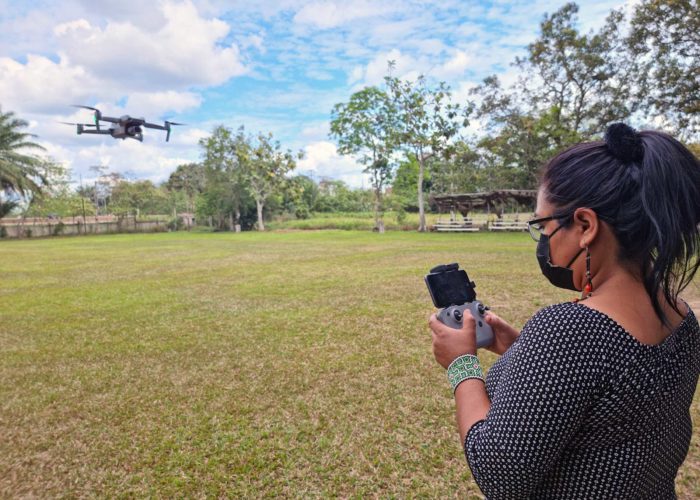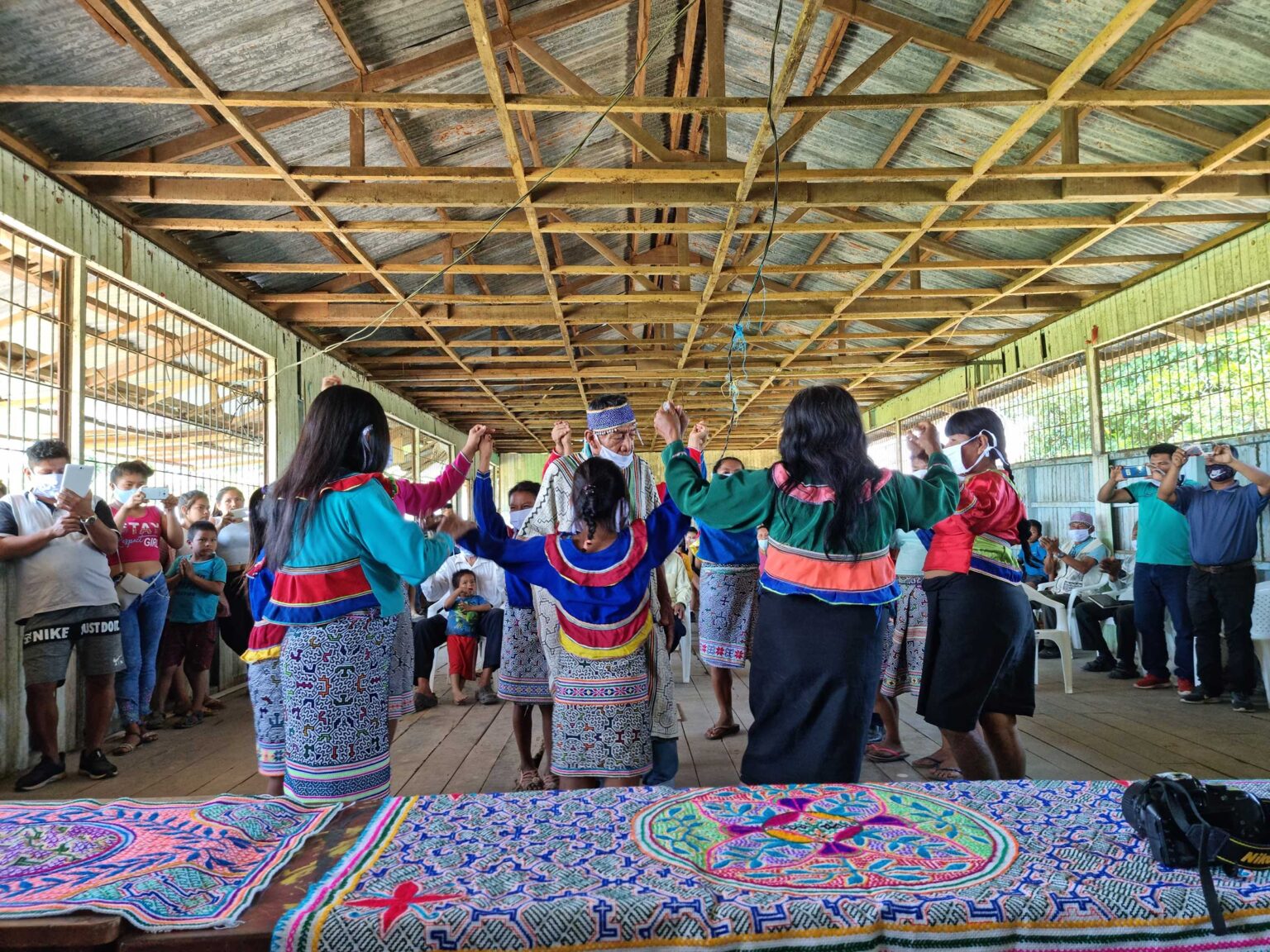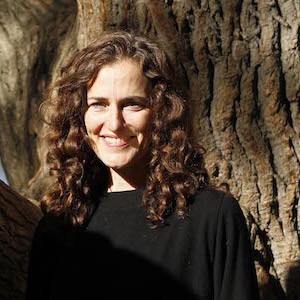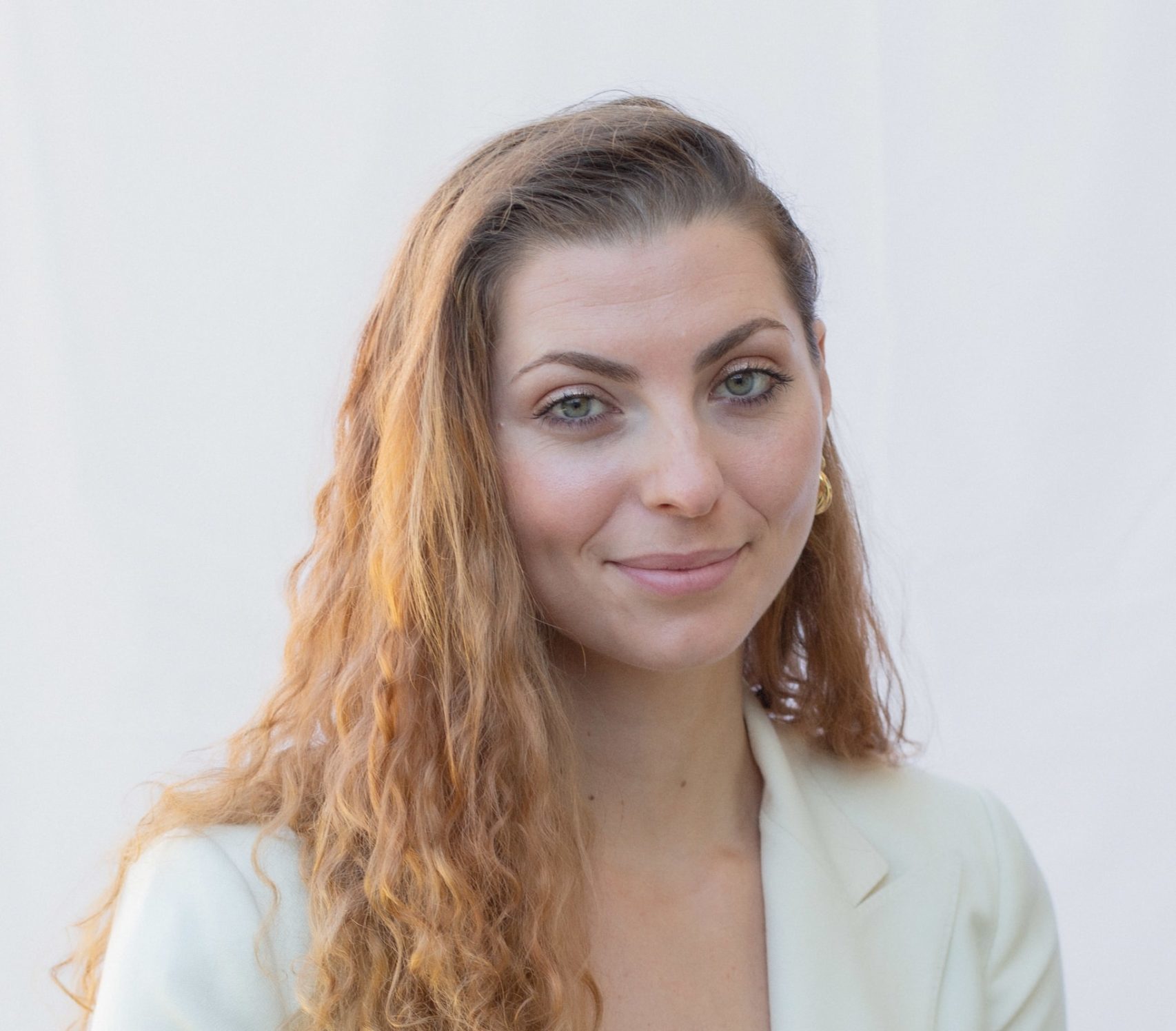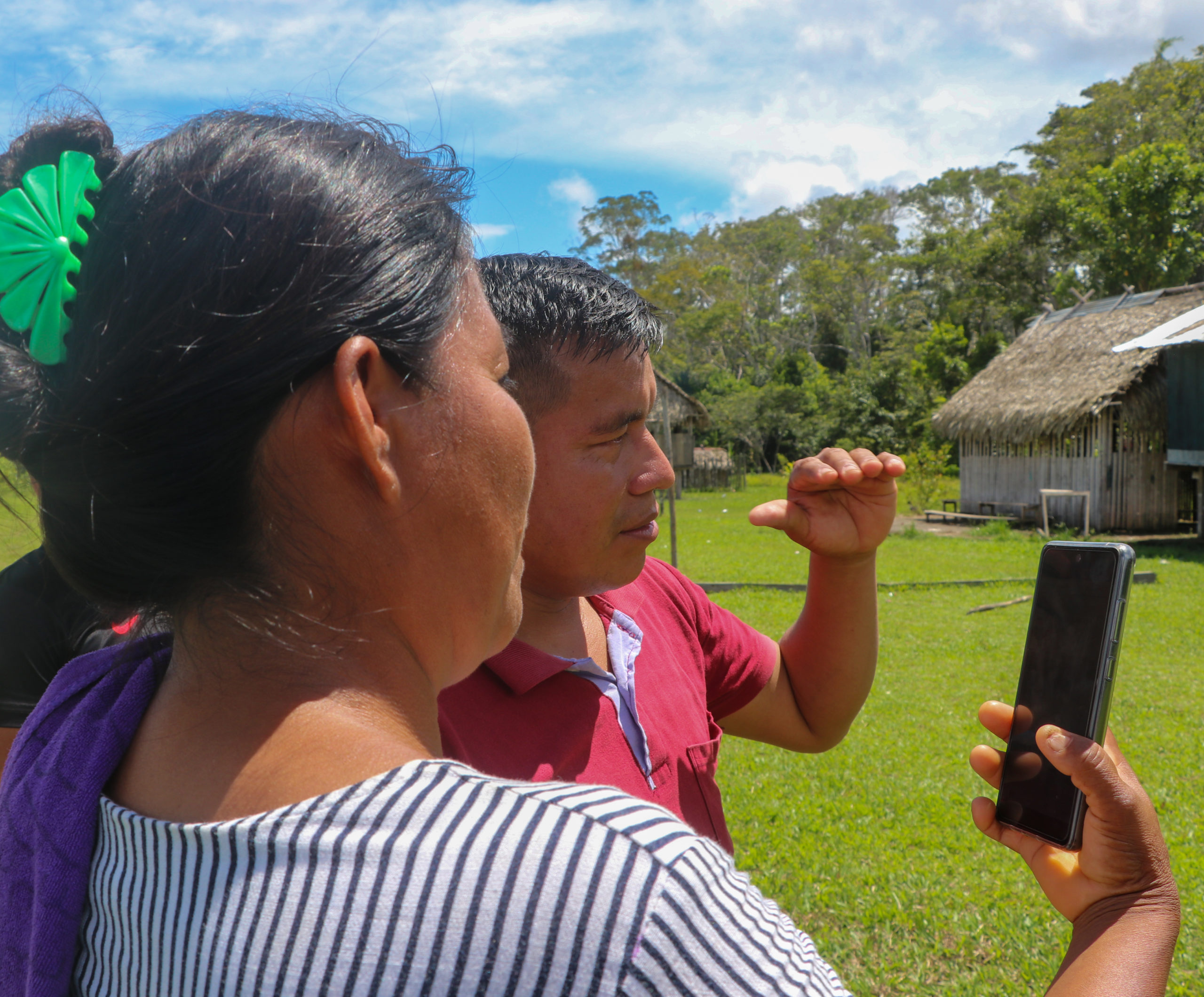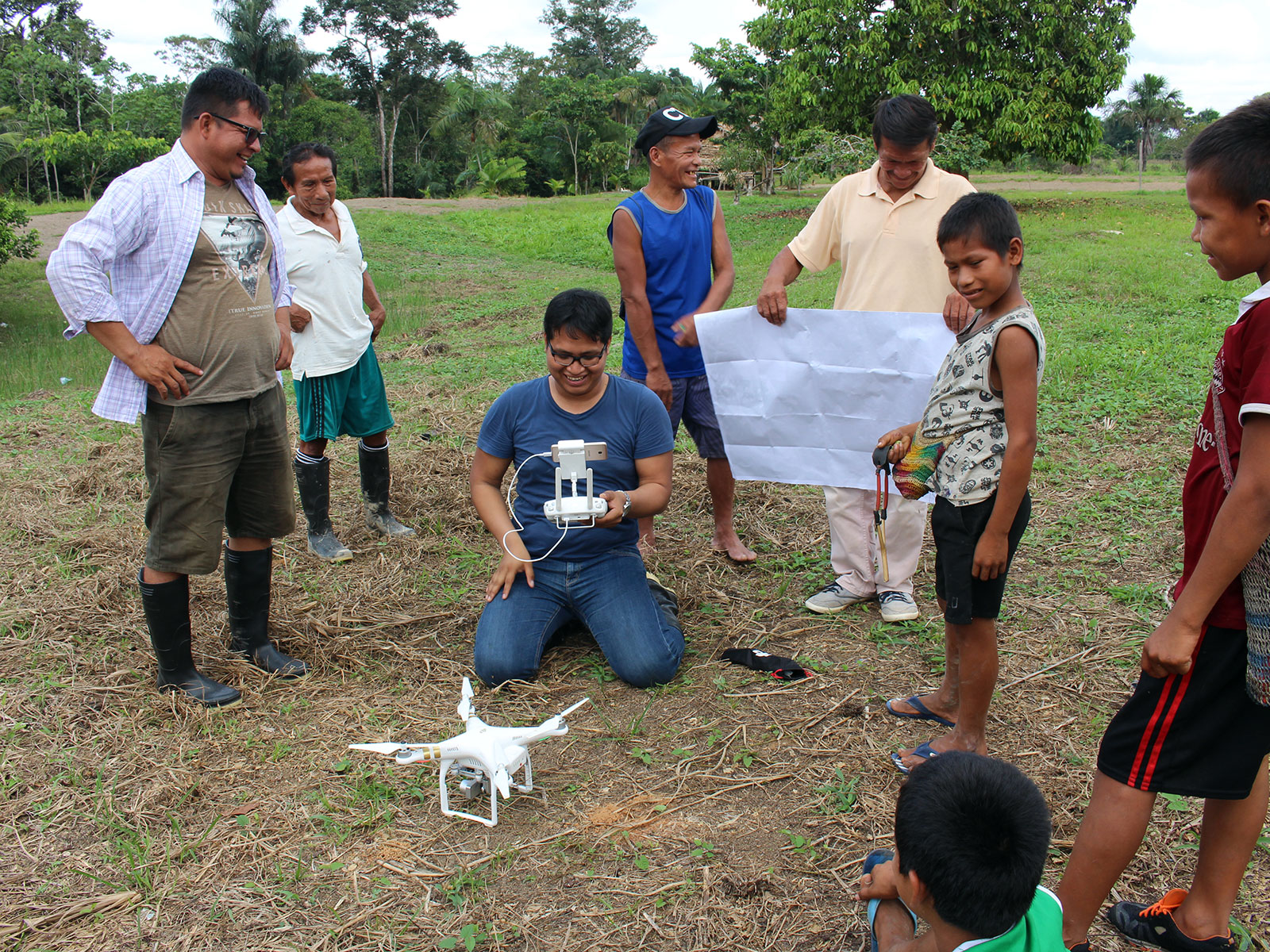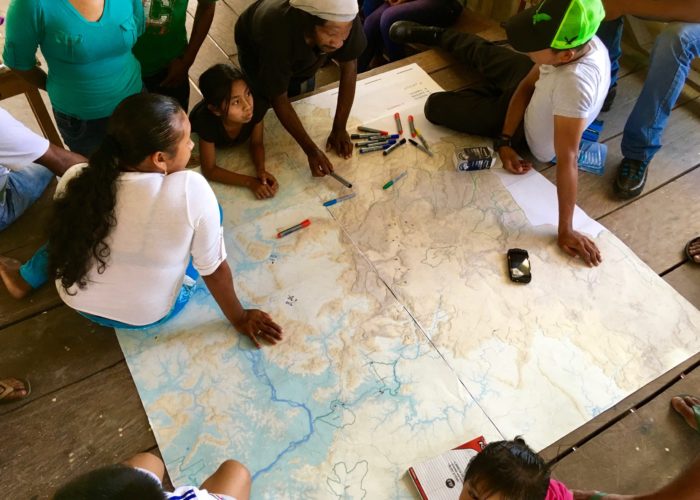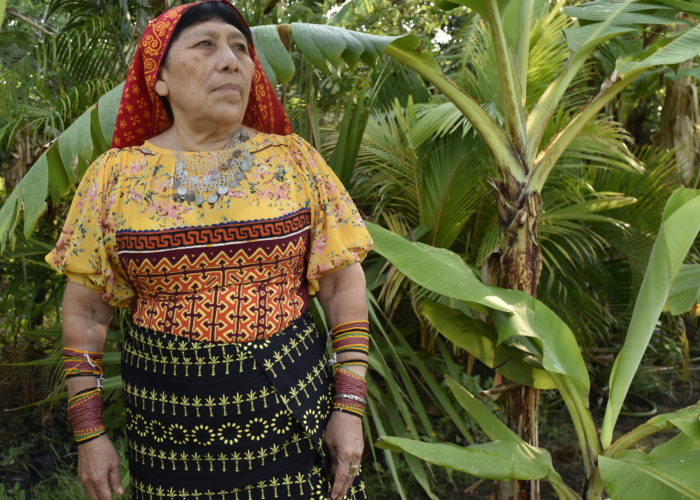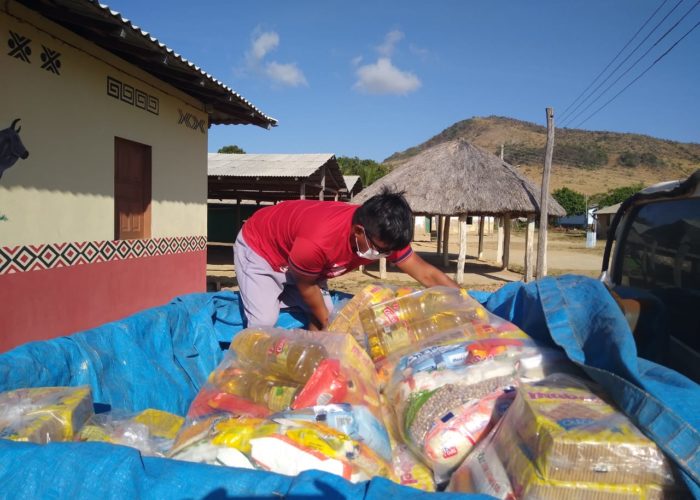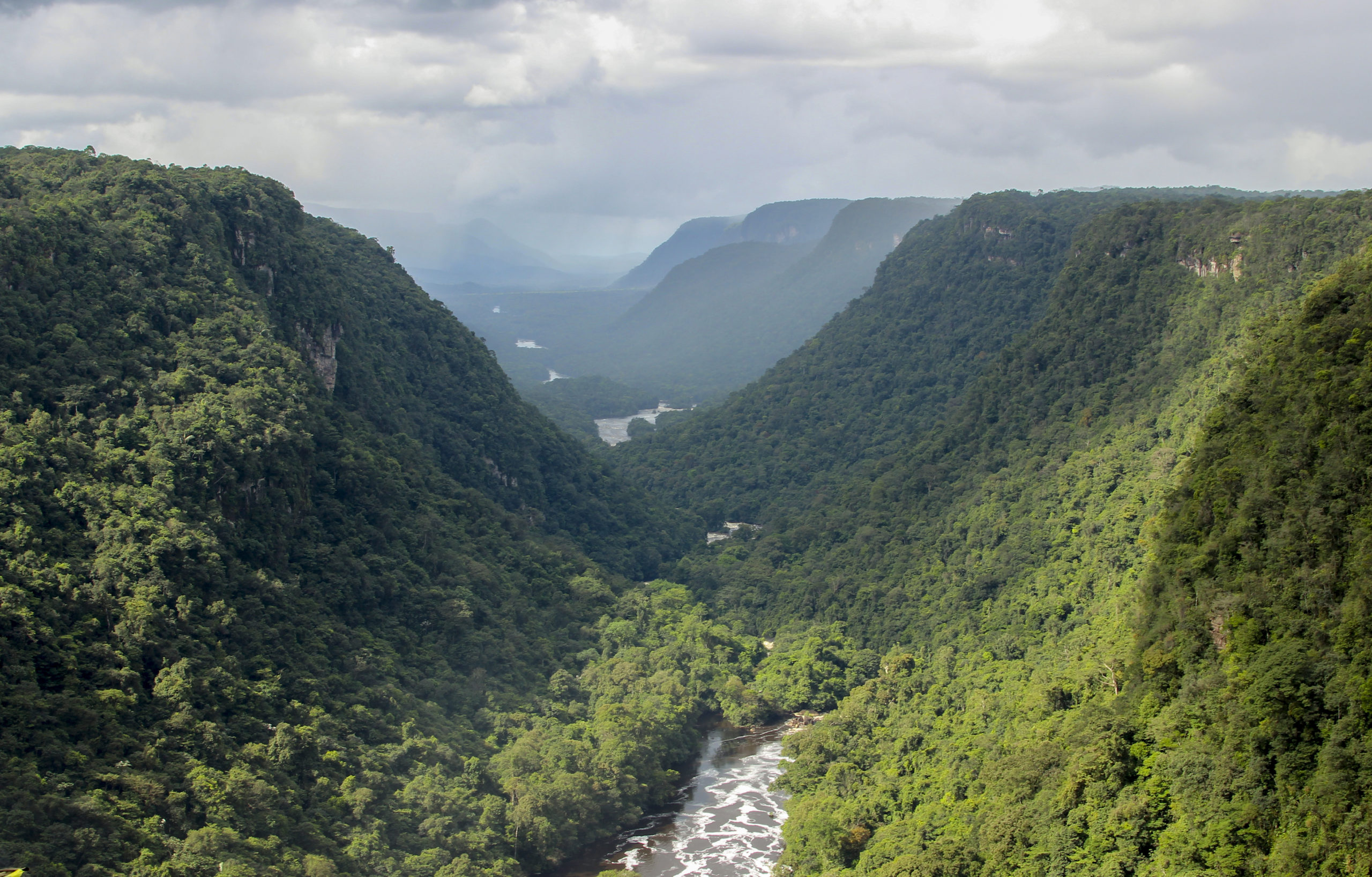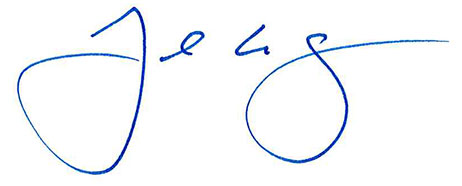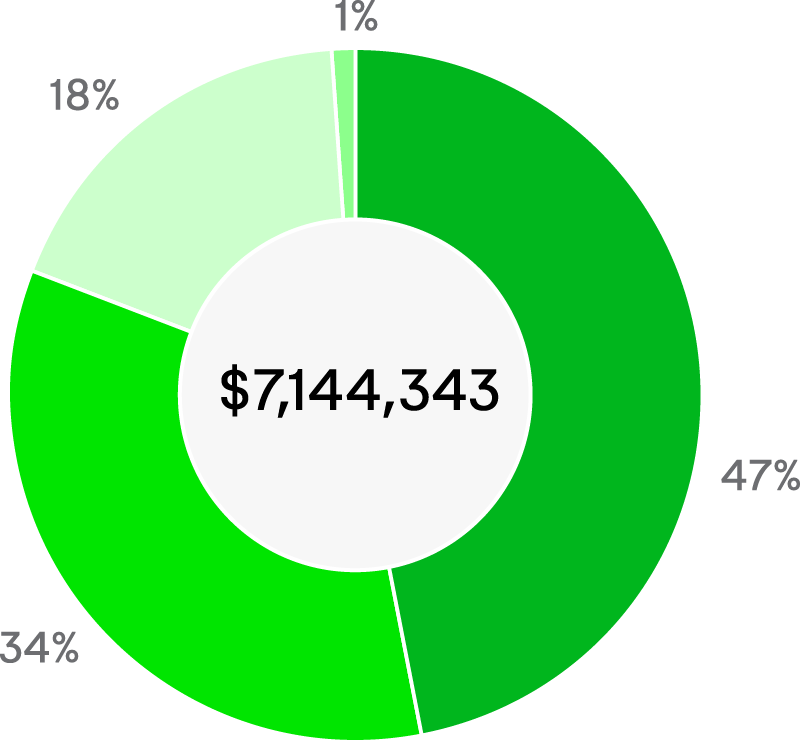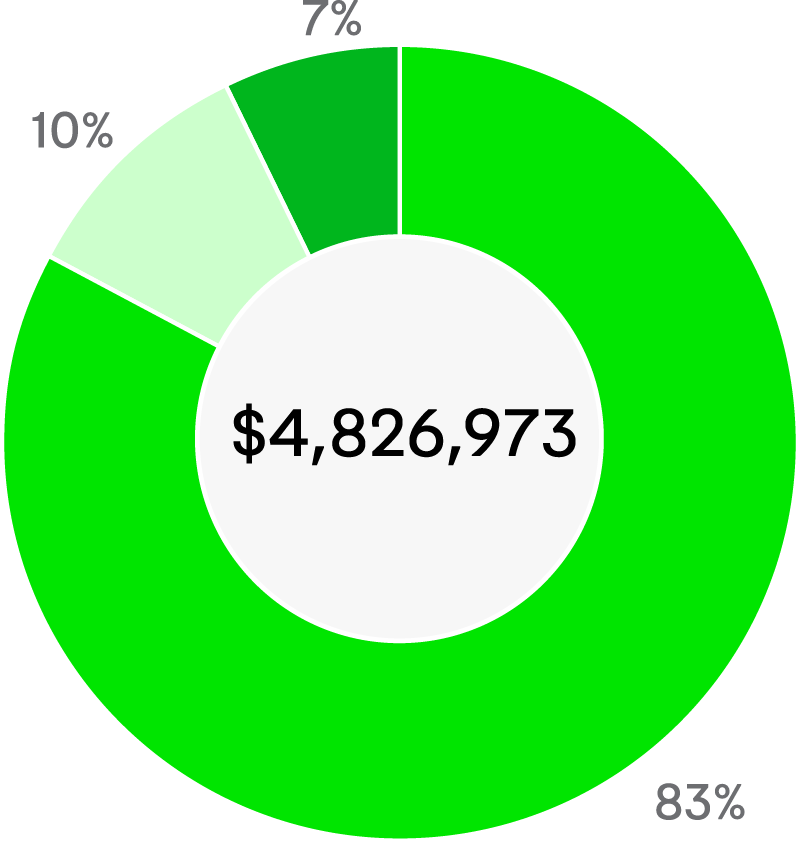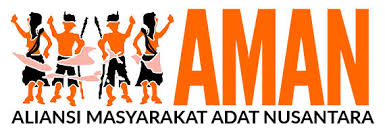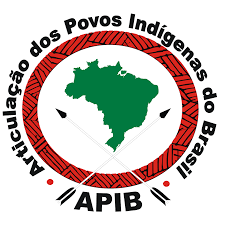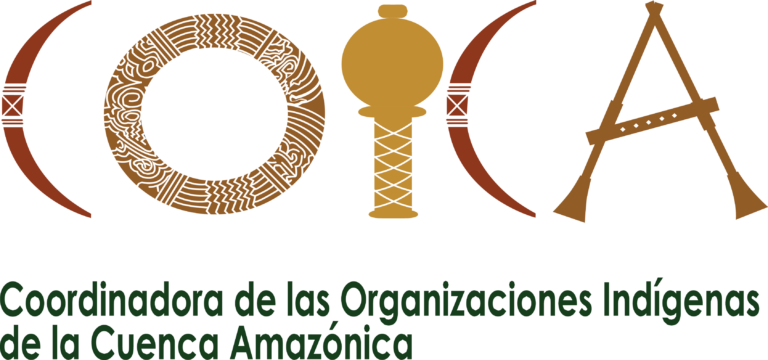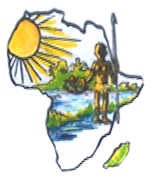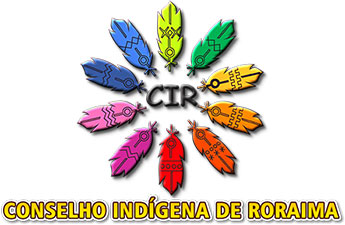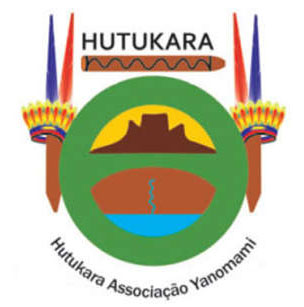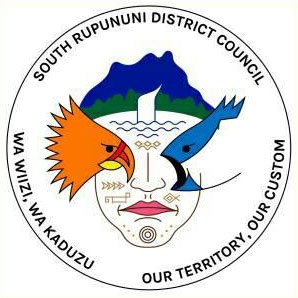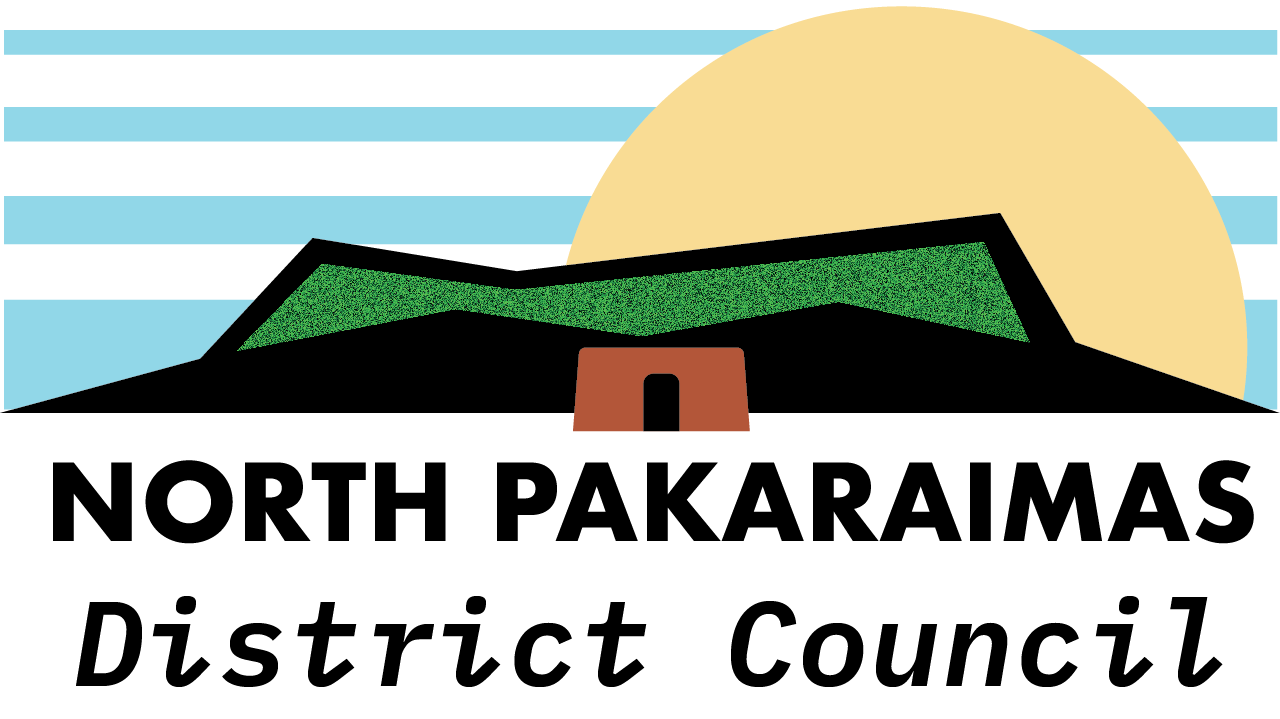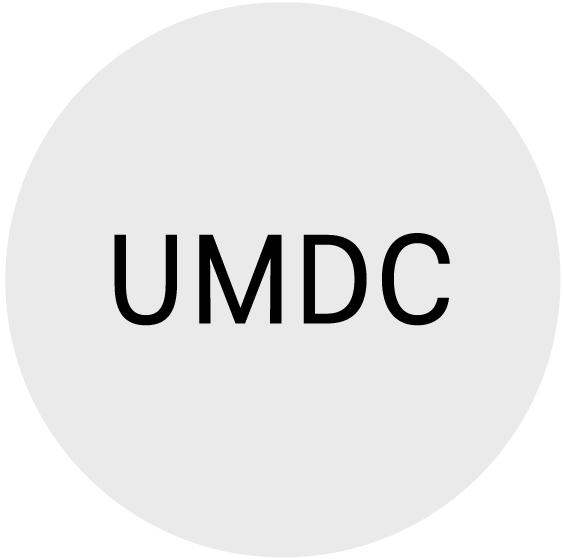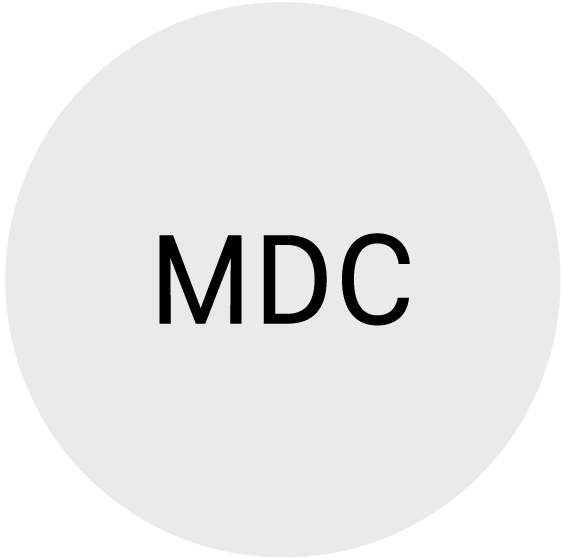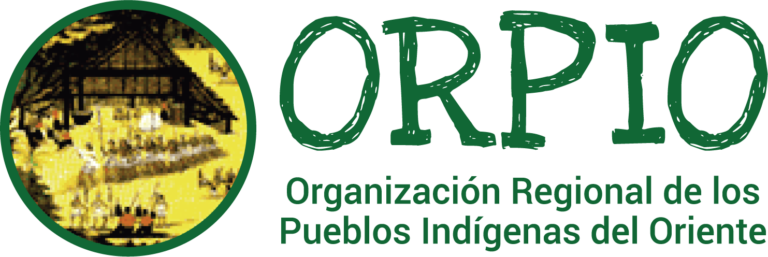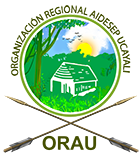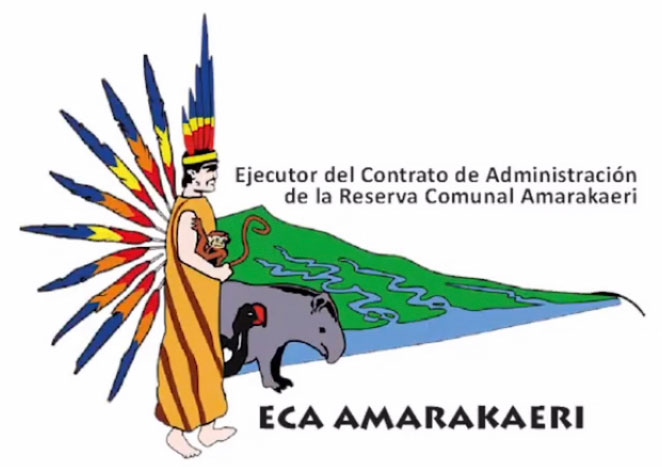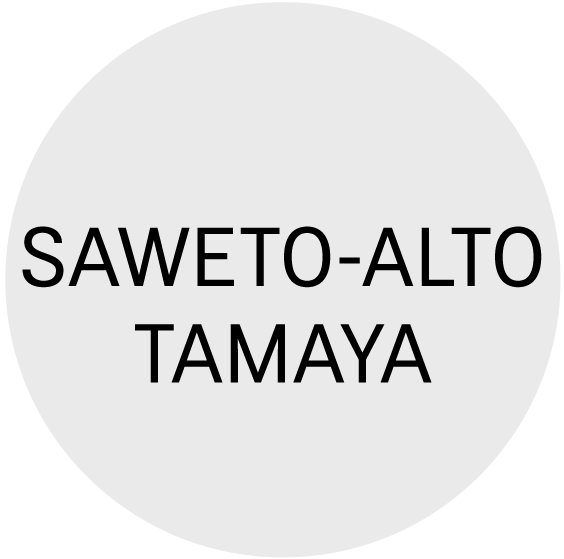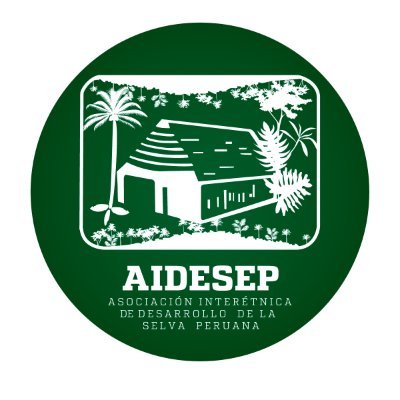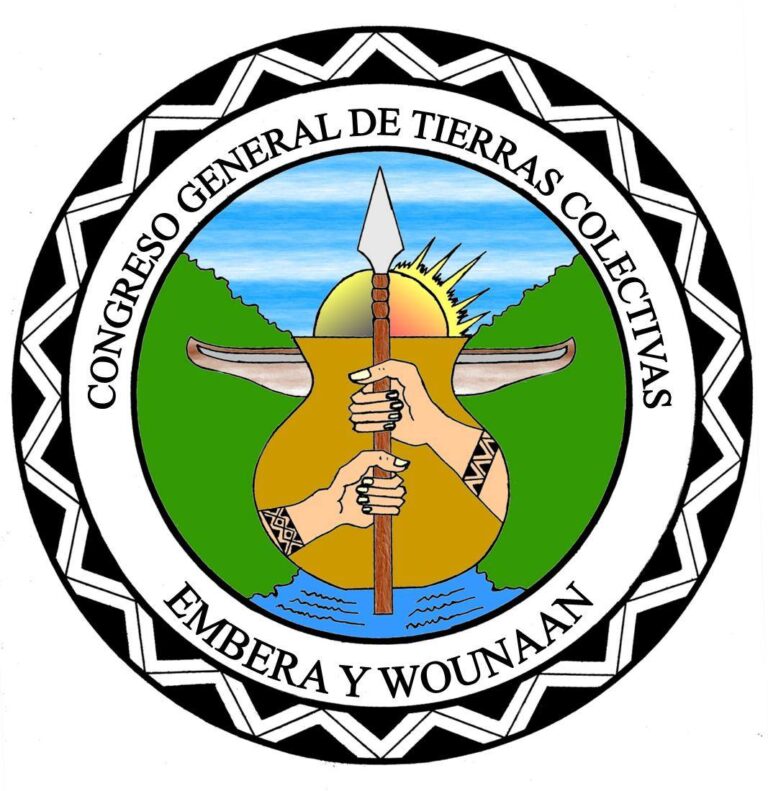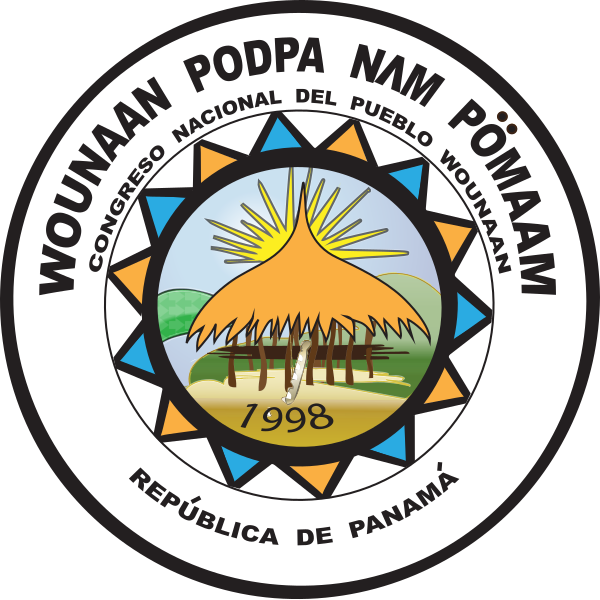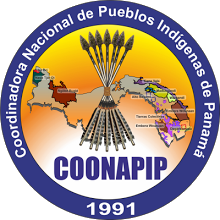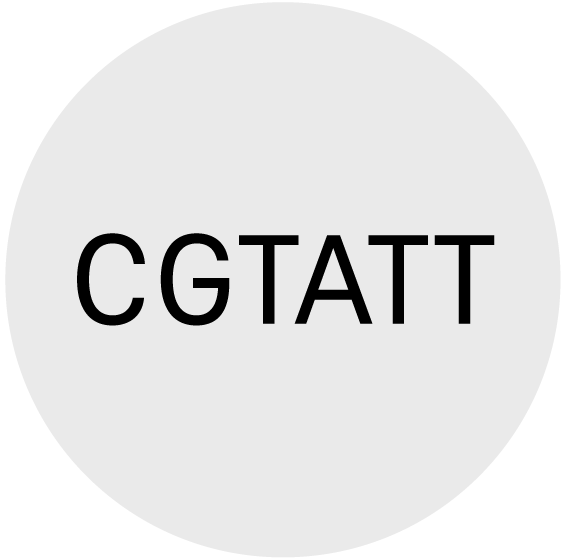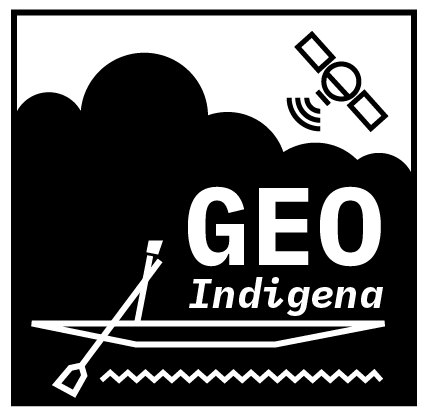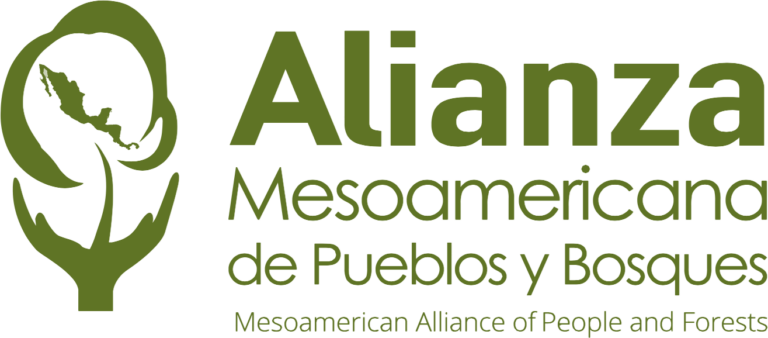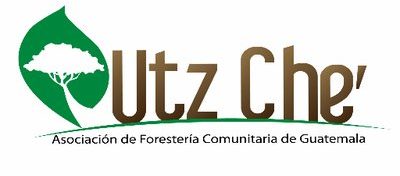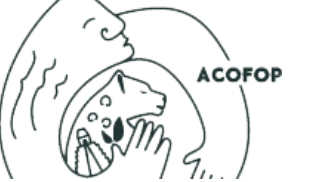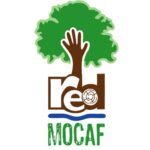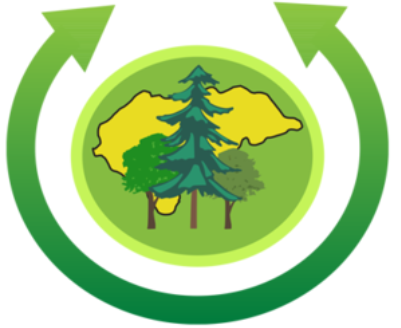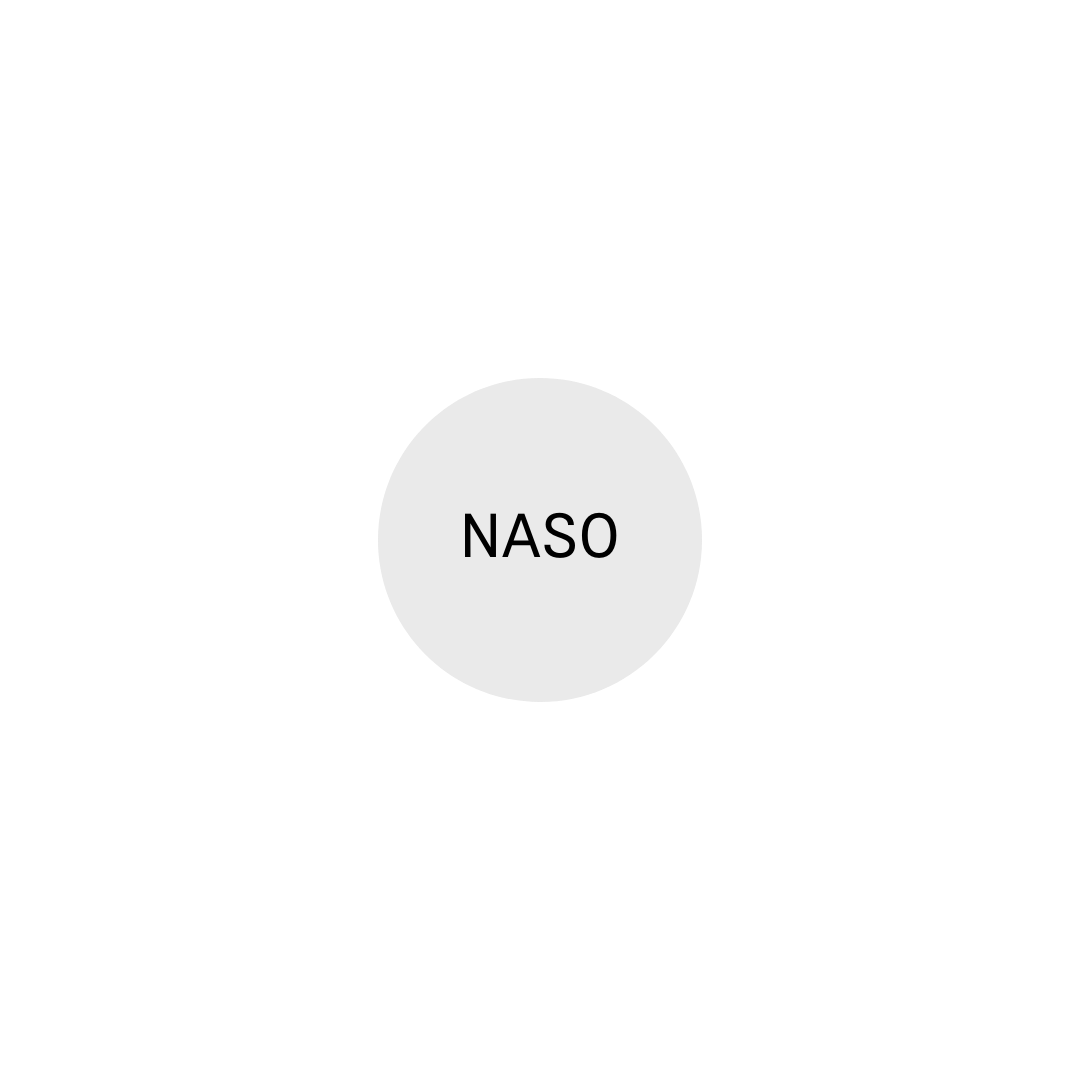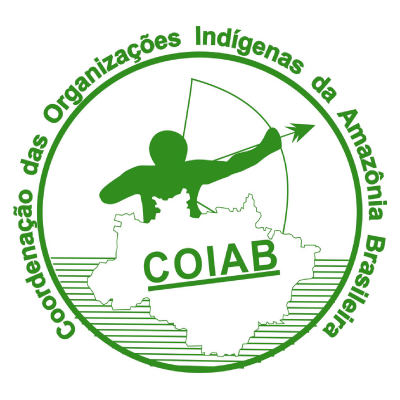The mission of Rainforest Foundation US is simple: to protect and conserve critical rainforest lands by empowering the indigenous and traditional peoples who live there and who rely on those lands for their economic and cultural well-being.
Though the execution of this apparently straightforward mission can at times be challenging, I am proud that with your support and assistance, our team has achieved impressive success. Despite the difficulties brought on by the global pandemic, the past several years have been a time of growth for our organization. Over the past six years, through the generosity of our donors, our total support has increased 579% to $7,144,343 in 2021 and our team has grown sixfold. Thanks to the extraordinary efforts of our team, we have expanded our indigenous partnership network from 47 to 172 communities, while extending our rainforest protection to roughly 30,000 square miles (5.8 million hectares)—an increase in coverage the size of Vermont and New Hampshire combined.
In addition, our trailblazing Rainforest Alert forest patrol (or “community monitoring”) program, which employs satellite-based capabilities to monitor lands in partnership with indigenous communities, was shown to be highly effective in reducing deforestation in a peer-reviewed Columbia University study. With those results, we plan to expand this program throughout the Amazon basin, starting with coverage of 39 communities in Peru in 2022.
We have also expanded our funding partnerships beyond our extremely important relationships with individuals and foundations. In a testament to our reach and credibility, we have [for the first time] begun working with the United States Agency for International Development; we received a $2 million grant this year to develop multi year programming in Central America with our partners at the Mesoamerican Alliance of Peoples and Forests. With this award, we’ll be strengthening indigenous organizations in Mexico, Honduras, Nicaragua, and Costa Rica for the first time; re-engaging with Guatemala, after a hiatus since 2018; and deepening our work in Panama.
But not all of our success can be measured quantitatively, in number of acres preserved or countries served. For example, we are thrilled that—after seven years of legal advocacy—a district attorney in Peru will next year open a criminal trial against logging company executives for the murder of indigenous activists in the Amazonian village of Saweto. If convicted, it will be the first time in Peruvian history that logging executives—not just low-level “triggermen”—are held criminally responsible for the murder of indigenous peoples. This would constitute a powerful message of deterrence to criminal syndicates who have intimidated, threatened, and murdered indigenous forest defenders with impunity to illegally profit from rainforest degradation (through illegal logging, mining and clearing for agriculture). Meanwhile, we continue our work with regional indigenous peoples’ organizations in Guyana to strengthen their country’s Amerindian Act, a foundational task that has cascading implications for cultural integrity and forest protection across that nation.
As you can see, a lot is happening, of which we should all be proud. Yet the challenges and urgency have never been greater. Despite our victories, every year the Amazon rainforest shrinks and more areas suffer degradation, jeopardizing the cultural integrity and way of life of forest peoples—and our planet’s future. Terrifyingly, recent studies suggest that the Amazon is approaching a tipping point in which its fragile ecosystem could collapse in a cascade of drought and heat. Our organization and team are proud to be on the frontlines, with our indigenous partners and with you, our supporters, battling to arrest and reverse this trend.
There is no greater threat to the planet than climate change. Deforestation is a major contributor to that change. And there is no better tool against deforestation than working with traditional forest peoples to help them preserve their lands.
All of us at Rainforest Foundation US are grateful for your commitment and support. As proud as I am of our growth and accomplishments, in the face of the ongoing daily loss of forest habitat there is much more to do. Rainforest Foundation US is pursuing strategies which have proven to be successful. I am thrilled by the prospect of how much more can be achieved with your continued help.
Thank you for being part of our team.
